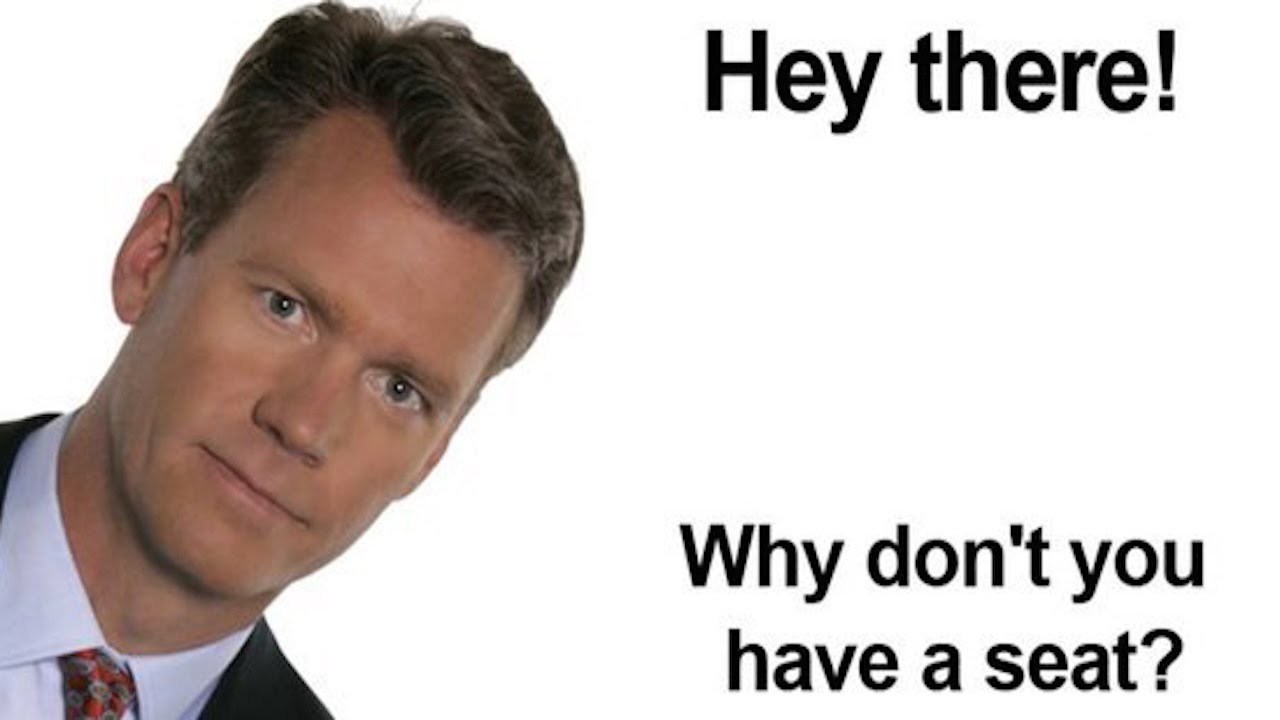Unveiling The Dark Side: Understanding "Catch A Predator"
In a world increasingly connected by technology, the dangers lurking in the shadows of the internet have become a pressing concern for society. The series "Catch a Predator" emerged as a groundbreaking reality show, shining a light on the dark underbelly of online predation. With its gripping narratives and shocking revelations, the show has not only entertained viewers but also educated the public about the risks associated with online interactions. As we delve deeper into this phenomenon, we will explore the show's impact, the psychology behind the predators, and the broader implications for society.
Through the lens of "Catch a Predator," we witness the often heart-wrenching stories of individuals whose lives become intertwined in a web of deception and danger. The series, which aired from 2004 to 2007, brought to the forefront the harsh realities of child predation, leading to conversations that many would rather avoid. By exposing the tactics used by predators and the consequences they face, the show has played a critical role in raising awareness and fostering prevention efforts.
As we navigate this complex topic, it becomes essential to ask challenging questions: What drives individuals to become predators? How can society better protect its most vulnerable members? And what lessons can we learn from the cases featured on the show? In this article, we will explore these questions and more, seeking to understand the multifaceted issue of online predation and the ongoing fight against it.
What is "Catch a Predator"?
"Catch a Predator" was an investigative television series produced by NBC's Dateline, which aimed to expose online predators targeting minors. The show featured hidden camera operations where decoys posed as underage individuals in online chats, luring potential predators to a designated location. Once the predators arrived, they were confronted by the show's hosts and law enforcement, leading to shocking confrontations that laid bare the grim realities of online child exploitation.
Who Were the Key Figures Behind "Catch a Predator"?
The show was hosted by Chris Hansen, a journalist known for his investigative work. Hansen's calm yet assertive demeanor became a hallmark of the series, as he confronted the predators with their online conversations and motives. The production team included law enforcement personnel who worked in conjunction with the show to ensure the safety of the decoys and the accuracy of the investigations.
What Were the Goals of "Catch a Predator"?
The primary goals of "Catch a Predator" were to educate the public about the dangers of online interactions, raise awareness about child predation, and deter potential predators from seeking out minors. By showcasing real-life confrontations, the show aimed to send a strong message that such behavior would not be tolerated and that there are serious consequences for those who engage in it.
How Did "Catch a Predator" Impact Society?
The impact of "Catch a Predator" on society has been profound. The show sparked national conversations about online safety, particularly regarding children and teenagers who are increasingly active on the internet. Schools and parents began to adopt more proactive measures to educate children about the risks of sharing personal information online and the importance of recognizing predatory behavior.
What Lessons Can Be Learned from "Catch a Predator"?
Several key lessons emerged from the episodes of "Catch a Predator," including:
- Education is crucial: Awareness programs for children and parents about online safety can help prevent predatory behavior.
- Open communication: Encouraging children to talk about their online experiences can help identify potential dangers early.
- Law enforcement collaboration: Working with law enforcement can lead to more effective prevention and intervention strategies.
What Psychological Factors Contribute to Predatory Behavior?
Understanding the psychological motivations behind predatory behavior is essential in combating this issue. Many predators exhibit traits such as:
- Manipulative tendencies: Predators often use charm and persuasion to gain the trust of their victims.
- Low empathy: A lack of understanding or concern for the feelings of others can lead to harmful behavior.
- Impulse control issues: Many individuals who engage in predatory behavior struggle with controlling their impulses.
What Are the Legal Consequences for Predators Caught on "Catch a Predator"?
The legal repercussions for individuals caught on "Catch a Predator" vary depending on each case. Typically, predators faced charges such as:
- Attempted sexual conduct with a minor
- Enticement of a child
- Possession of child pornography
Convictions can lead to significant prison time, mandatory registration as a sex offender, and restrictions on future interactions with minors.
Are There Ongoing Efforts to Combat Online Predation?
Yes, ongoing efforts to combat online predation continue to evolve. Organizations, law enforcement agencies, and community groups are working diligently to create safer online environments, including:
- Enhanced monitoring of online platforms: Companies are implementing stricter policies to detect and prevent predatory behavior.
- Public awareness campaigns: Initiatives aimed at educating both children and adults about safe online practices.
- Legislative action: Advocates are pushing for stronger laws to protect minors from online exploitation.
What Is the Future of "Catch a Predator"?
While "Catch a Predator" has not aired new episodes since 2007, its legacy continues to influence discussions surrounding online safety. The show has inspired similar programs and initiatives aimed at exposing predators and educating the public. As technology evolves, the fight against online predation remains critical, and the lessons learned from "Catch a Predator" will serve as a guiding light for future efforts.
In conclusion, "Catch a Predator" has left an indelible mark on society, illuminating the dangers of online interactions and the importance of protecting our youth. By understanding the complexities of predatory behavior and learning from past experiences, we can work together to create a safer online world for everyone.
Unveiling The Enigma Of Kianna Diod: The Rising Star
Sophia Rains: The Rising Star In Entertainment
Unveiling The Life And Legacy Of Howard Lang


